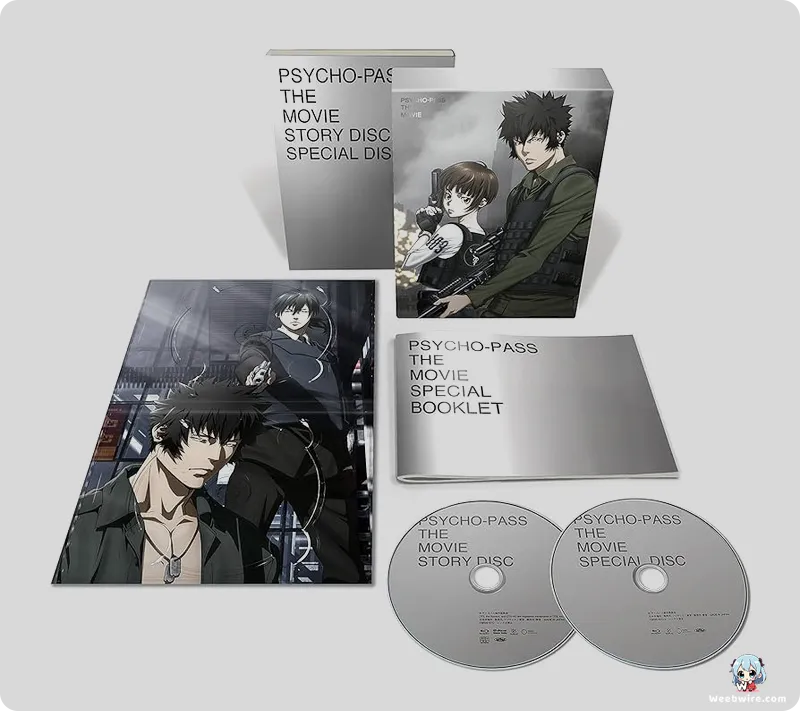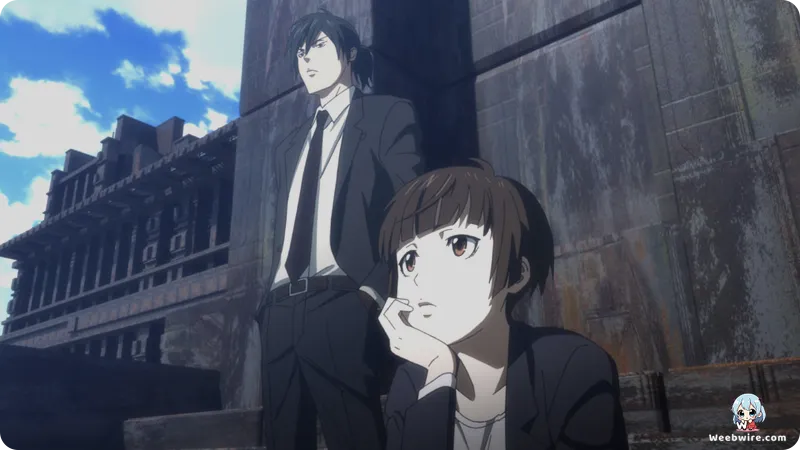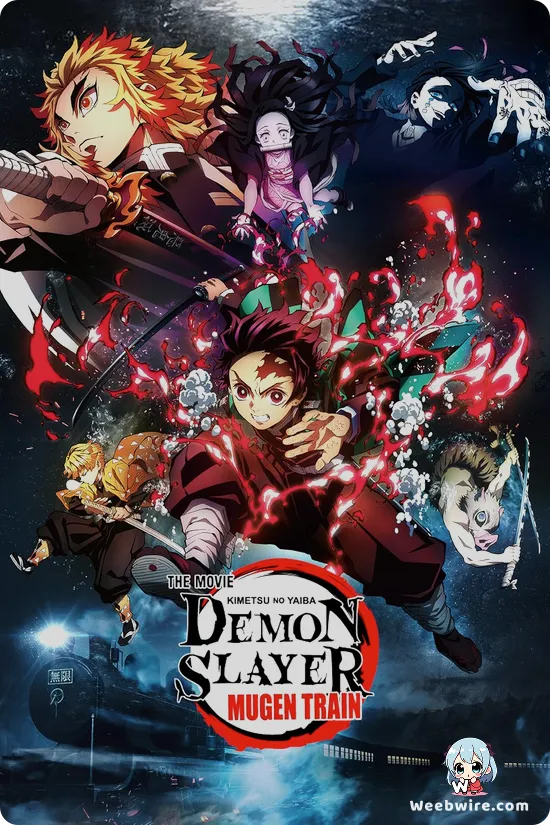PSYCHO-PASS: The Movie: Beyond Japan's Borders, A Profound Challenge to Sibyl's Justice

Released in January 2015, PSYCHO-PASS: The Movie from Production I.G studio significantly expanded the anime's universe. It delved deeper into the philosophical questions surrounding the Sibyl System. This cinematic installment continued Akane Tsunemori's journey, broadening the narrative scope beyond Japan to offer critical insights into universal justice and governance.
A central decision in the film transports protagonists Akane and Kogami to the war-torn Southeast Asian nation, known as the "SEAUn." This expansion critically contrasts Sibyl's crime-free utopia with the chaotic realities of a developing nation. The movie meticulously examines the ethical implications and global applicability of Sibyl's judgment, questioning whether a system designed for a specific cultural context can truly be a solution for global conflict. This highlights inherent biases in any singular moral authority.
The anticipated return of Shinya Kogami, the enigmatic Enforcer, serves a crucial narrative purpose. His reappearance outside Sibyl's jurisdiction allows for a profound re-examination of his relationship with Akane. Their reunion in the SEAUn demonstrates their evolved ideologies: Kogami's belief in individual accountability contrasts with Akane's efforts to reform Sibyl from within. This dynamic underscores the series' core conflict: how to achieve true justice when the lines between right and wrong are blurred by a powerful, seemingly infallible system.

Production I.G pushed creative boundaries, depicting the vibrant yet dilapidated urban landscapes of the SEAUn. This was achieved through extensive research and artistic interpretation, creating a setting distinct from futuristic Japan. Meticulous attention to cultural details and architecture immersed the audience. Action sequences, particularly those involving Kogami, were choreographed with brutal realism, showcasing his combat prowess and contrasting with the TV series' more tactical approach. This commitment ensured an authentic and believable world.
Original concept creator Gen Urobuchi, alongside Makoto Fukami, crafted a screenplay rich with dark philosophical undertones and complex moral dilemmas. Urobuchi's influence is evident in how characters and the audience are compelled to confront uncomfortable truths about humanity. Their collaboration ensured that while the action was grander, the intellectual core deepened, exploring themes such as military contractors, foreign intervention, and the ethics of technological imposition. These are hallmarks of Urobuchi's distinctive style.
Yugo Kanno's musical score for the movie was both familiar and innovatively grander, matching its cinematic scale. His compositions for the SEAUn incorporated elements hinting at diverse cultures, seamlessly blending with Sibyl's dystopian synth-heavy sound. This auditory expansion enhanced immersion, amplifying tension and emotional weight.
Ultimately, the movie's exploration of a "perfect society" and the price of peace offers a sobering critique. By depicting Sibyl's influence attempting global spread, the film subtly questions authoritarianism disguised as order. It compels viewers to consider if a system that eliminates crime by judging pre-crime, however effective, is desirable if it sacrifices individual freedom. This enduring debate reaches its zenith, cementing PSYCHO-PASS: The Movie as a significant and thought-provoking entry in the cyberpunk genre.
Credits
PSYCHO-PASS: The Movie
Author
Gen Urobuchi (Nitroplus)
Cover Art
Naoyuki Onda
Studio
Production I.G
Publisher
Psycho-Pass Production Committee
Producers





